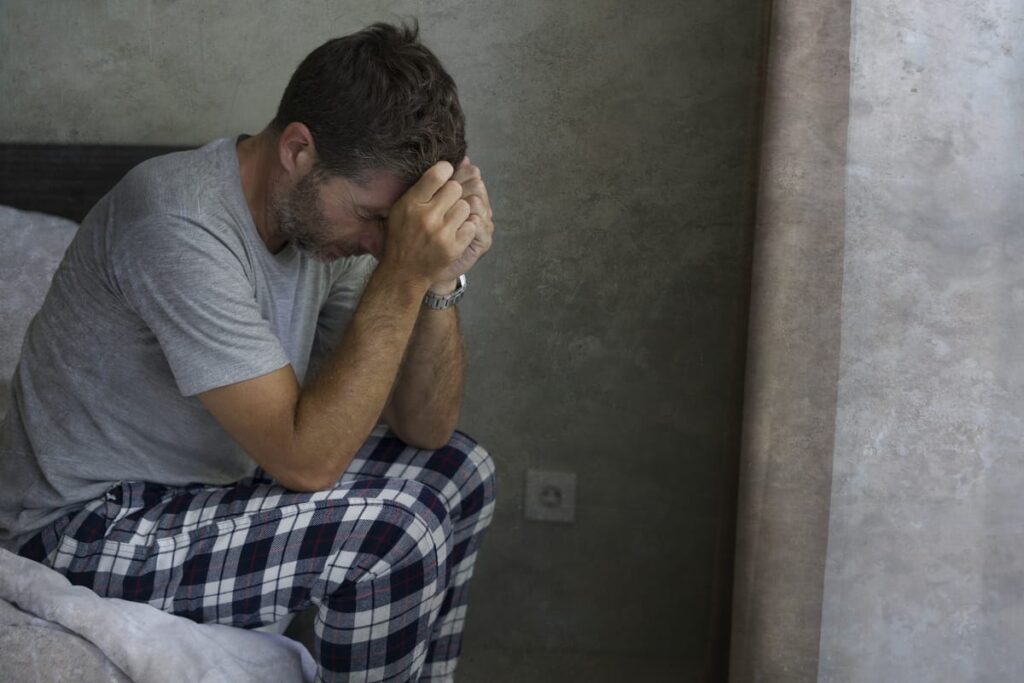Anxiety and depression are two of the most common mental health conditions that people experience. They can be caused by a range of factors, including genetics, environment, and life events. In this blog post, we’ll explore anxiety and depression in more detail, including their symptoms, causes, and potential treatments.
What is Anxiety?
Anxiety is a feeling of worry, nervousness, or unease about something with an uncertain outcome. It’s a normal human emotion that everyone experiences from time to time. However, for some people, anxiety can become overwhelming and interfere with their daily life. Common symptoms of anxiety include:
- Excessive worrying
- Restlessness or feeling on edge
- Difficulty concentrating
- Irritability
- Muscle tension
- Fatigue
- Sleep disturbances
What is Depression?
Depression is a mood disorder characterized by persistent feelings of sadness, hopelessness, and loss of interest in activities that were once enjoyable. It can be caused by a combination of genetic, environmental, and psychological factors. Common symptoms of depression include:
- Persistent sadness or feeling “down”
- Loss of interest in activities
- Feelings of hopelessness or worthlessness
- Fatigue or low energy
- Sleep disturbances
- Changes in appetite or weight
- Difficulty concentrating
- Thoughts of suicide or self-harm
Causes
The causes of anxiety and depression are complex and can vary from person to person. Some possible causes include:
- Genetics: Anxiety and depression can run in families, suggesting that there may be a genetic component to these conditions.
- Environment: Traumatic events, stressful life events, and chronic stress can all contribute to the development of anxiety and depression.
- Brain chemistry: Imbalances in neurotransmitters such as serotonin, dopamine, and norepinephrine can play a role in the development of anxiety and depression.
- Medical conditions: Certain medical conditions, such as thyroid disorders, chronic pain, or substance abuse, can increase the risk of developing anxiety and depression.
Treatments
Fortunately, anxiety and depression are treatable conditions. The most effective treatments often involve a combination of medication and therapy. Some common treatments for anxiety and depression include:
- Cognitive-behavioral therapy (CBT): CBT is a type of talk therapy that helps people identify and change negative thought patterns and behaviors that contribute to anxiety and depression.
- Medication: Antidepressants and anti-anxiety medications can be effective in reducing symptoms
- Lifestyle changes: Engaging in regular exercise, eating a healthy diet, getting enough sleep, and practicing relaxation techniques such as mindfulness or meditation can also be helpful in reducing symptoms of anxiety and depression.
Conclusion
In conclusion, anxiety and depression are two common mental health conditions that can be caused by a variety of factors. However, they are also treatable conditions, and with the right combination of medication, therapy, and lifestyle changes, people can learn to manage their symptoms and improve their quality of life.

